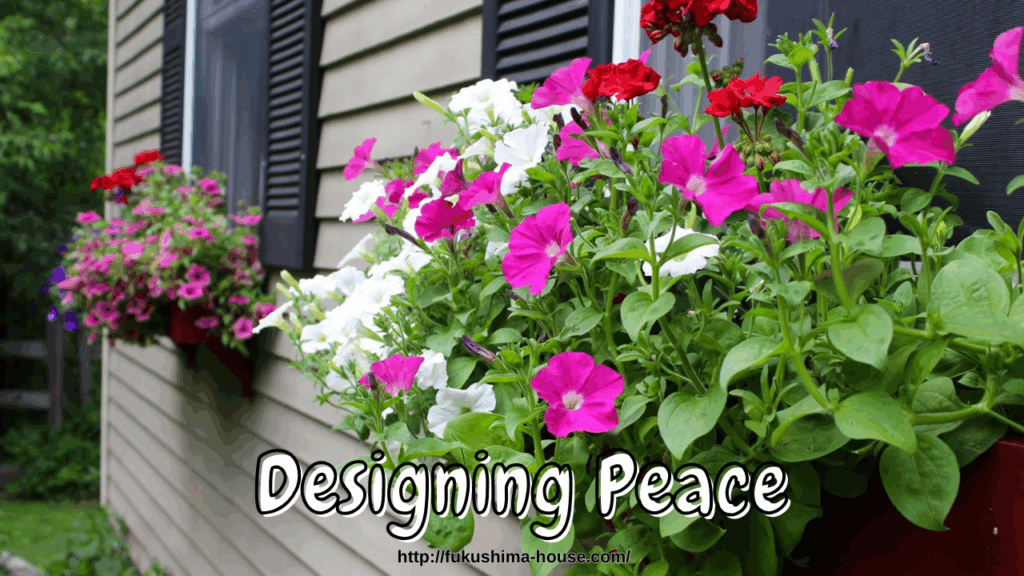
Recovery is not only about leaving behind harmful habits. It is also about creating a new life where peace, safety, and purpose can thrive. One of the most powerful yet overlooked tools for sustaining sobriety is the environment we choose to live in. A calm and supportive space does more than provide comfort. It helps reinforce positive routines, reduce stress, and remind individuals of their strength and commitment to healing. At Fukushima House, we understand the deep connection between environment and recovery, and we guide clients in building spaces that nurture both mind and spirit.
Why Your Environment Matters in Sobriety
The places we live, rest, and reflect affect our mental health and decision-making. A chaotic or stressful environment can trigger old patterns, while a calm, intentional space supports focus, resilience, and hope. By designing an environment that encourages healing, individuals in recovery set themselves up for long-term success. Recovery is not only about abstaining from substances but about reshaping the daily surroundings that influence thought and behavior.
Creating Physical Peace at Home
Simplify Your Space
Clutter often fuels stress and overwhelm. A clean and organized home helps clear mental space and supports emotional balance. Removing items that carry negative associations and choosing surroundings that feel light and open can encourage a sense of renewal.
Choose Calming Elements
Colors, textures, and light impact mood in profound ways. Soft lighting, natural tones, and comforting materials can transform a room into a refuge. Adding plants, soft fabrics, or natural light where possible encourages relaxation and creates a grounding connection to the present.
Emotional Safety and Connection
Build Supportive Routines
The physical environment also shapes daily routines. Setting aside areas for reflection, journaling, or prayer encourages consistency in healing practices. Creating spaces for meals with family or quiet moments with supportive friends fosters connection and strengthens recovery.
Remove Triggers
Just as important as what you add to your space is what you remove. Eliminating reminders of past struggles or negative influences helps protect sobriety. Establishing clear boundaries in the home allows individuals to maintain safety and focus.
Integrating Holistic Healing Into Your Space
Holistic recovery recognizes the need to care for the whole person. At Fukushima House, programs integrate mindfulness, exercise, and faith-based reflection into the healing process. Carrying these practices into the home environment reinforces progress. A small meditation corner, a space for yoga, or a journal on the nightstand can serve as daily reminders to nurture body, mind, and spirit.
Turning Treatment into Daily Life
Transitioning from inpatient or outpatient care back into everyday life can be daunting. However, by applying lessons learned in treatment to the home environment, recovery becomes part of the fabric of daily living. A space designed with peace in mind allows individuals to feel supported long after formal care ends.
A Space That Heals
Designing peace is not about perfection. It is about creating an environment that reflects the values of sobriety, safety, and self-care. At Fukushima House, we help individuals find the balance between external calm and inner healing, offering guidance for both treatment and life beyond it. If you or someone you love is ready to take the next step toward recovery, reach out today. Healing begins with a safe, supportive space, and it is possible to design one that helps sobriety flourish.

